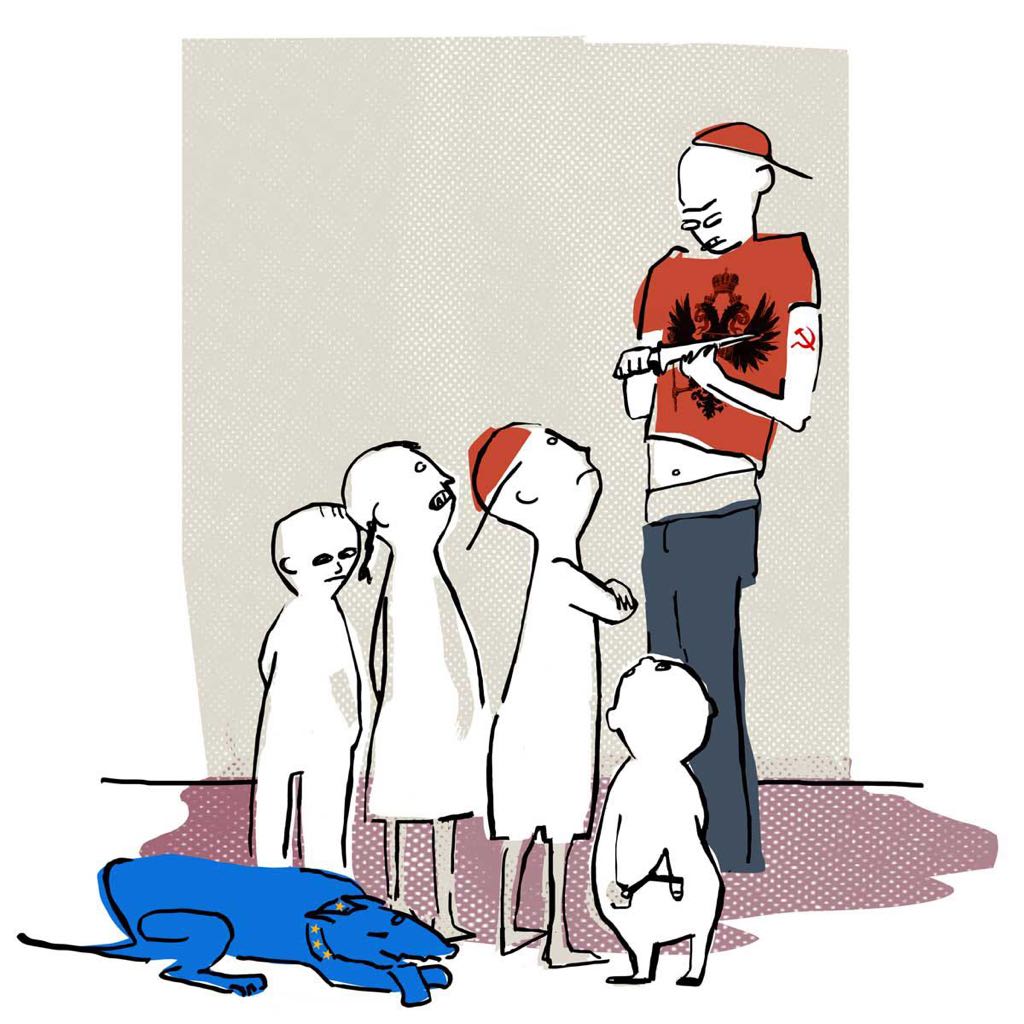Russia is an 'island', not ready for détente
Neither expansionism, nor détente with Europe is the answer for the future of the Russian Federation after the break-up of the Soviet Union. Instead, says historian Igor Torbakov, there is a remarkable revival among the political elite of an idea from the 1990s: Russia as a lonely great power.

